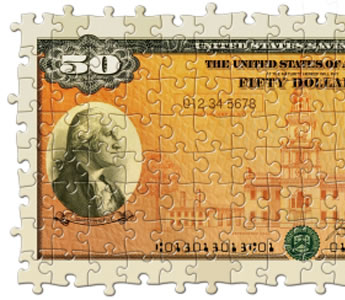If your company does business solely in one state, it probably owes tax to that state, as well as to the federal government. Many companies, however, operate across state lines, and therefore, may owe tax to more than one state. In the current economic slowdown, some states are endeavoring to address tax shortfalls by aggressively seeking more tax from companies based in other states. Types of tax State taxes come in several categories. The most common include • income taxes. If your company has net income from operations within a state, that state may tax those profits. • sales taxes. These taxes generally are imposed on the retail sale of goods (that is, when goods are sold to an end
2011 Q3 | State Taxes Can Crimp Your Cash Flow







